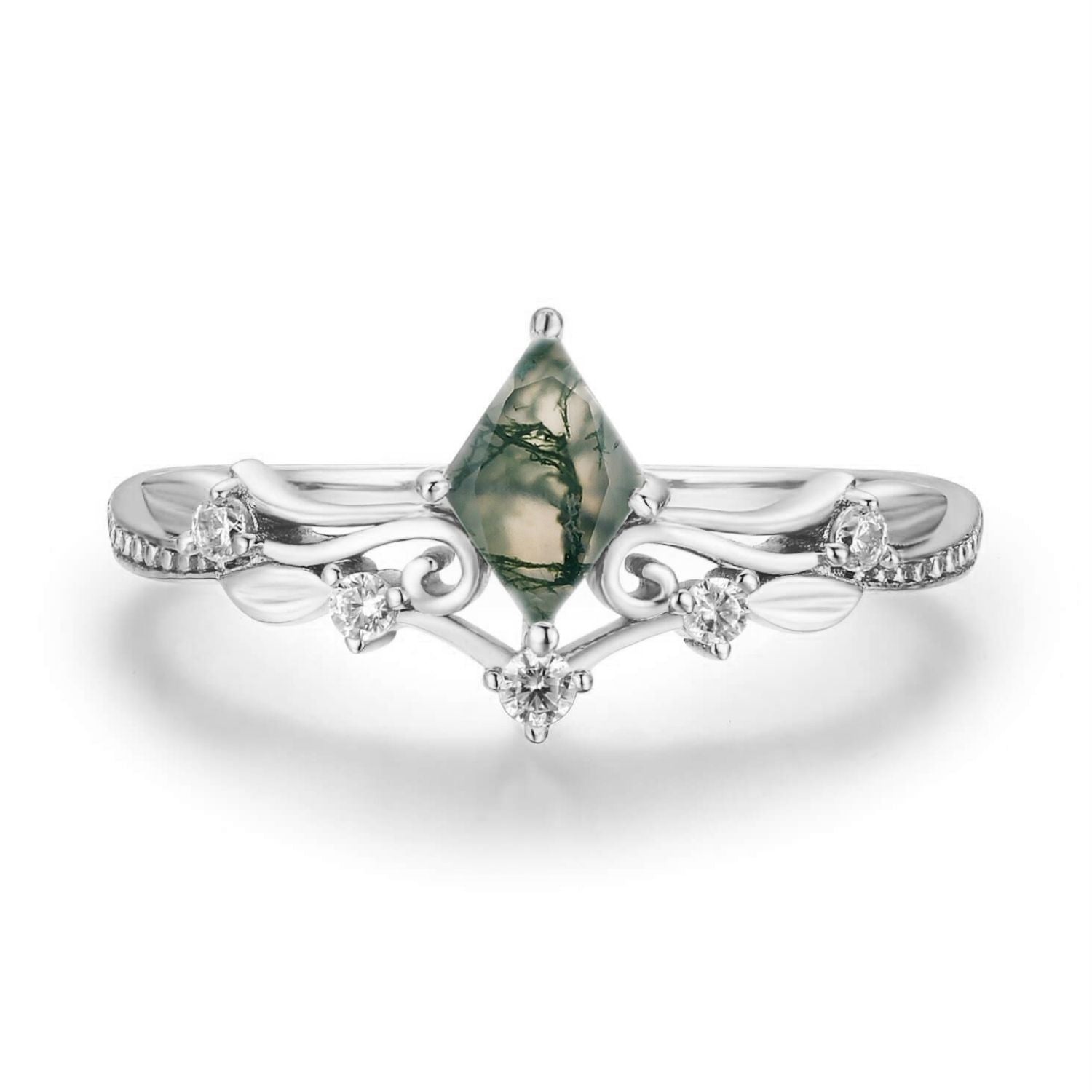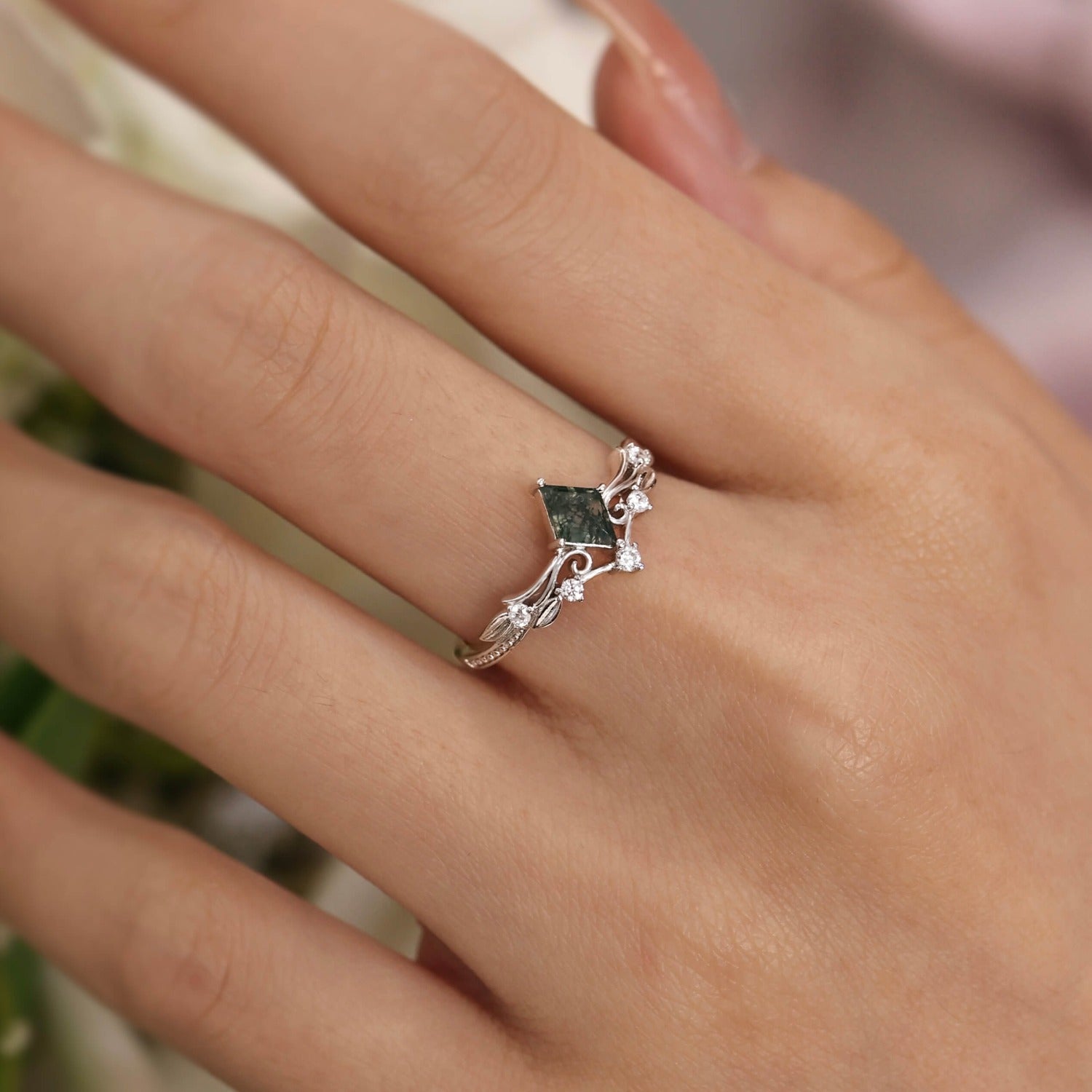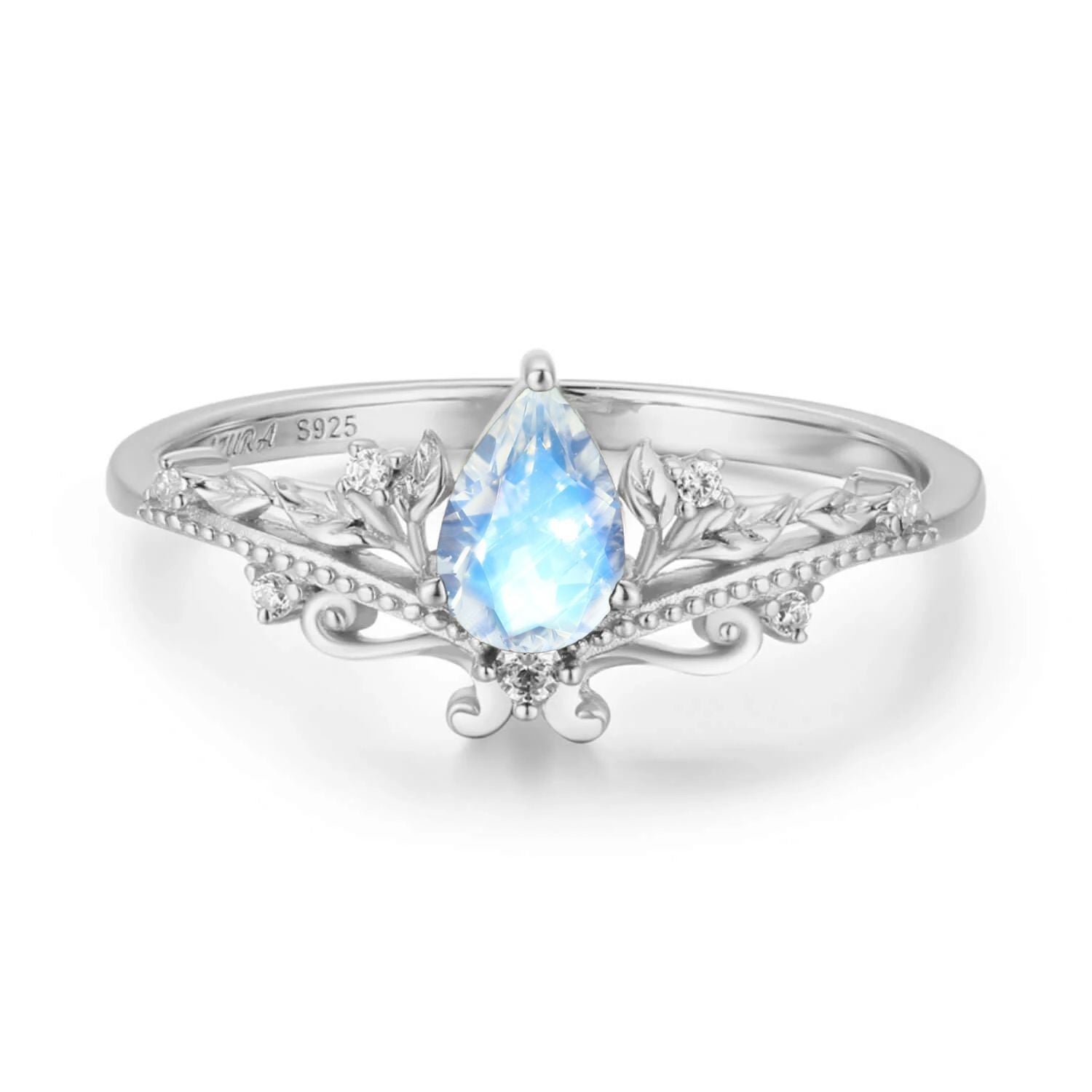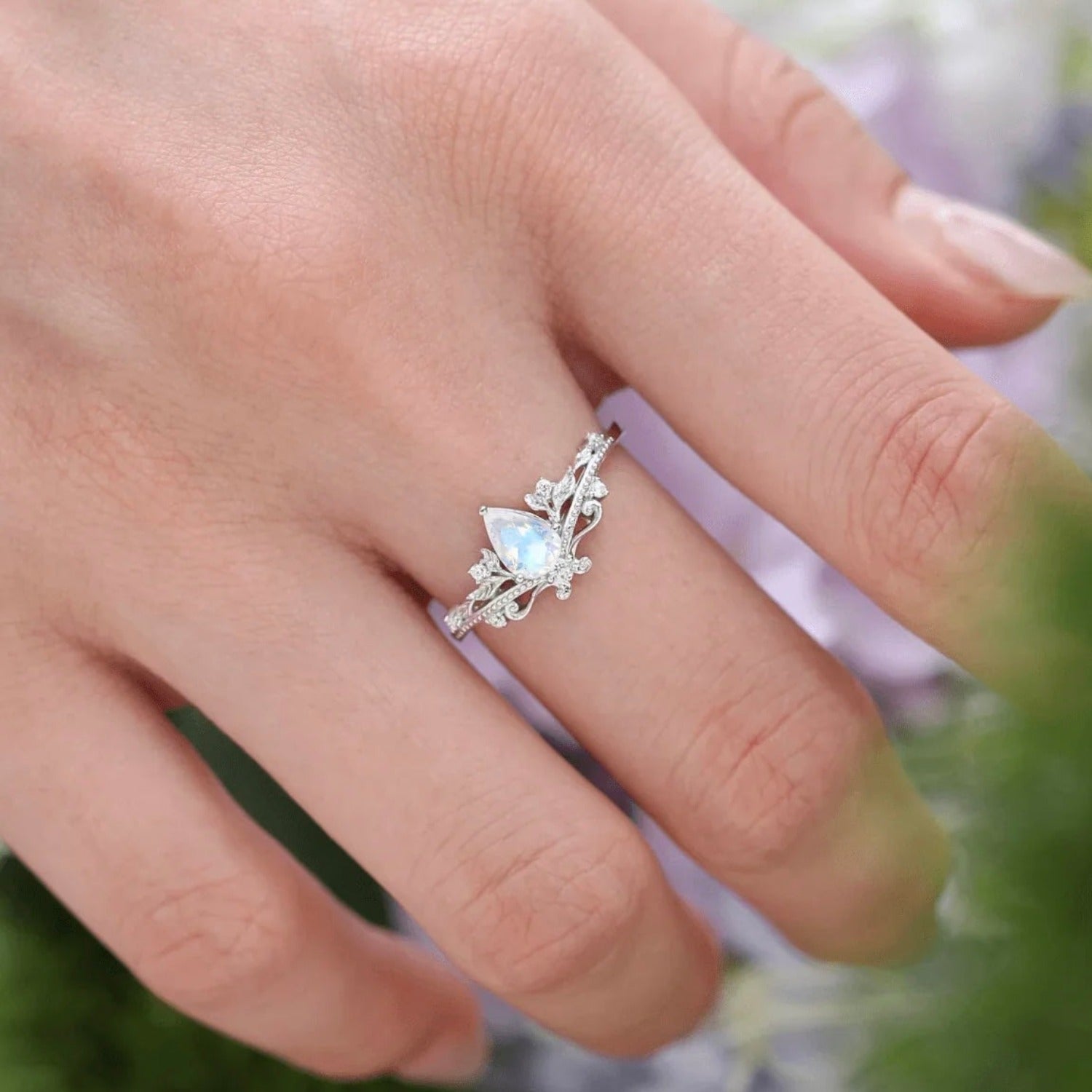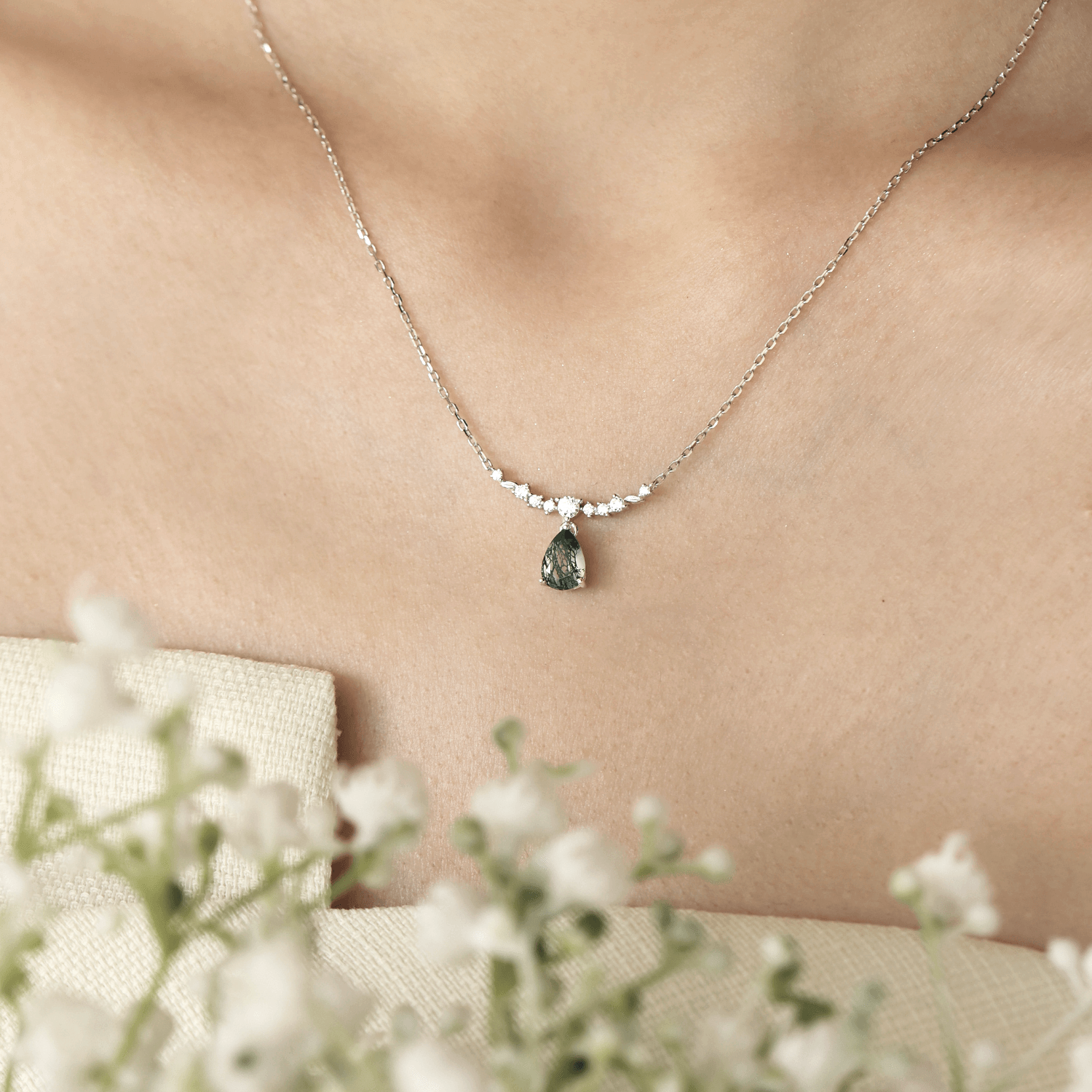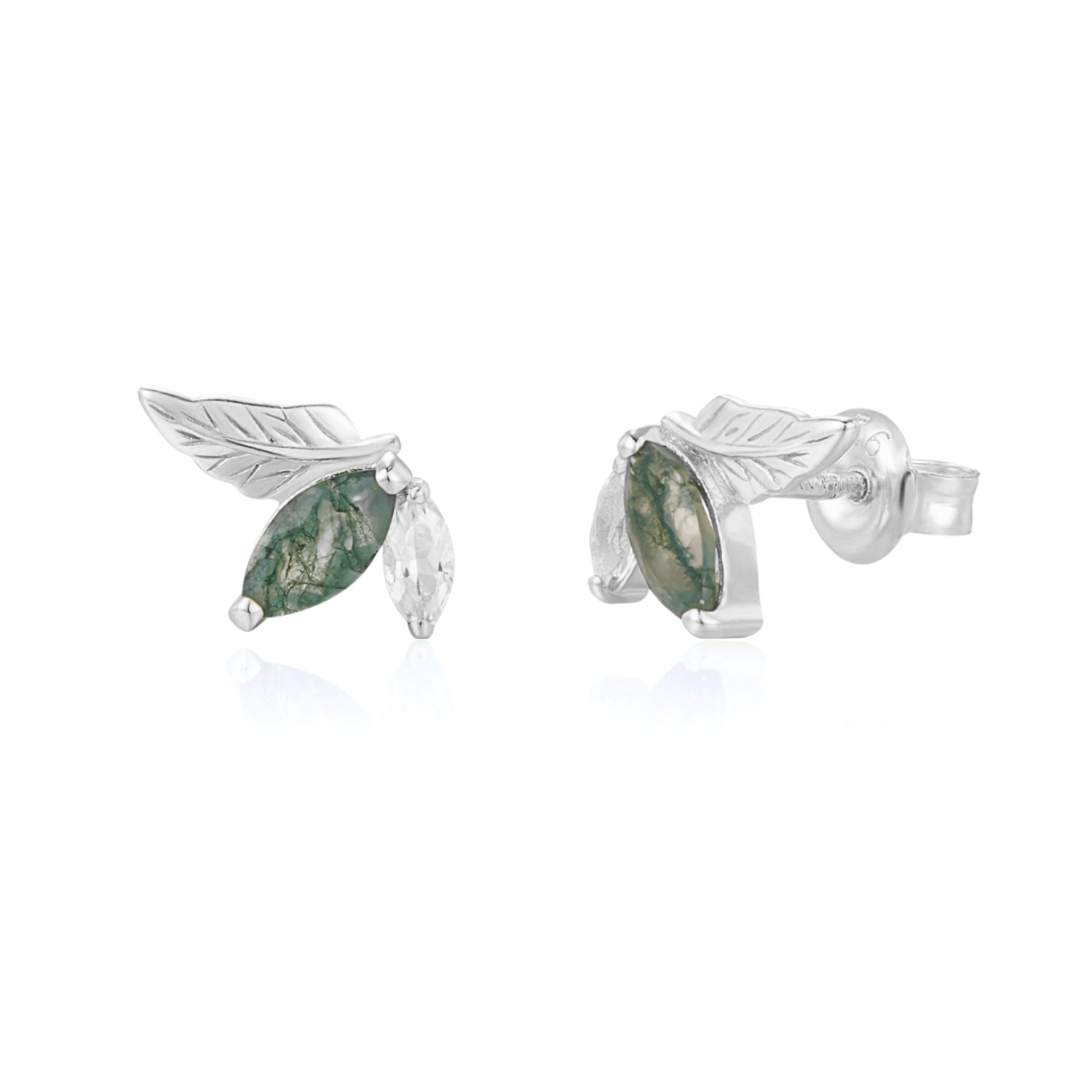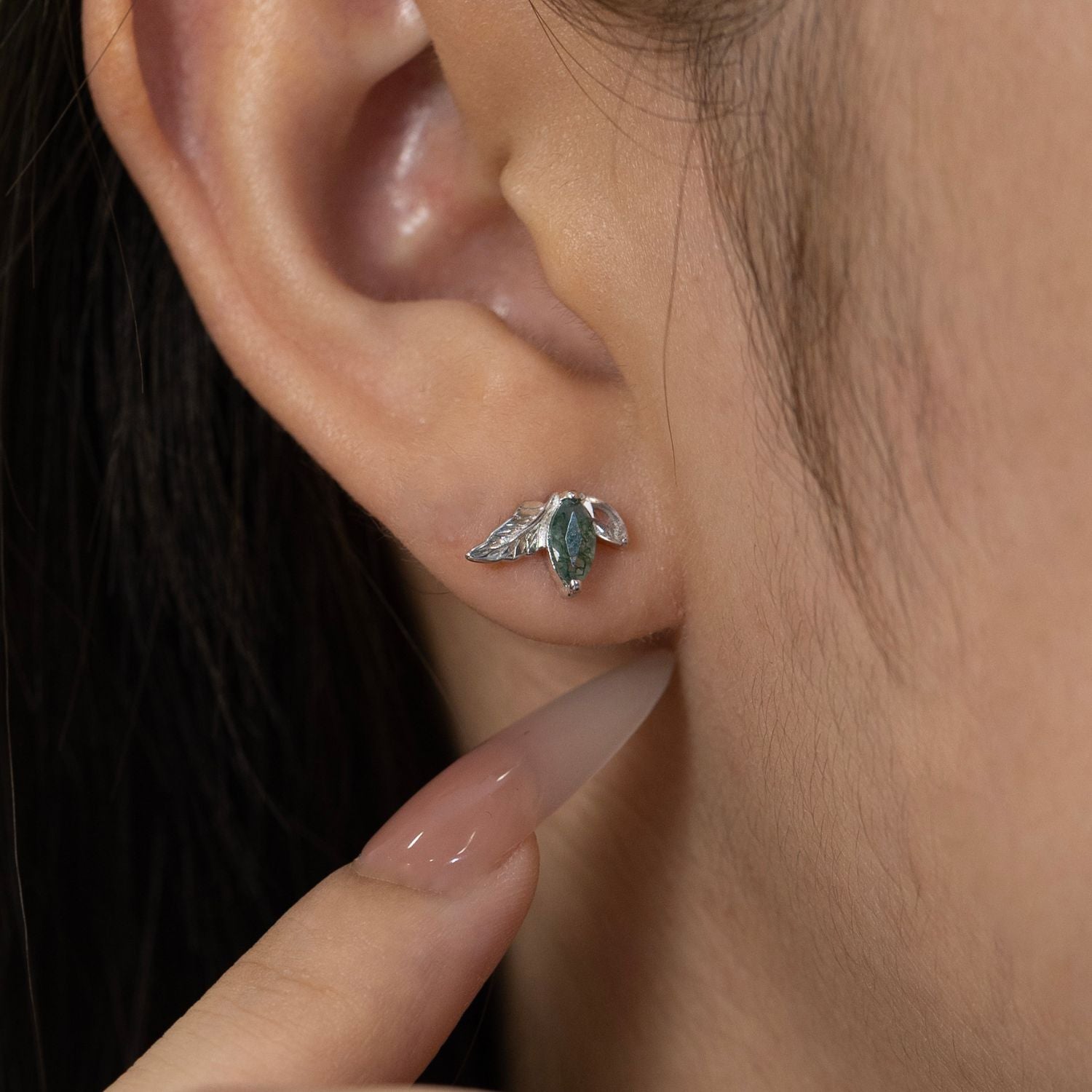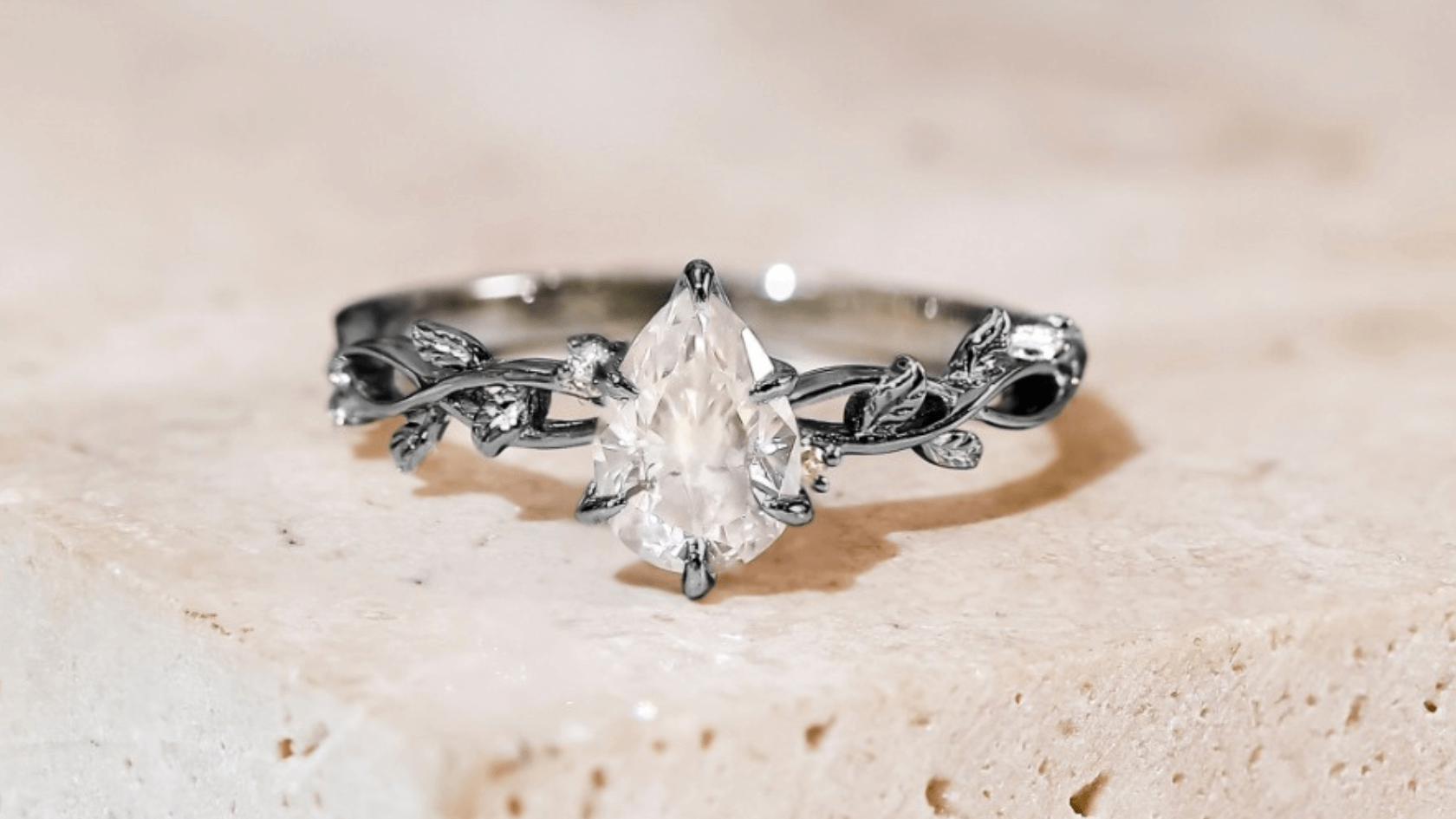Mysterious, Bold, and Beautiful — With a Few Things to Know
Black gold is the dark, edgy twist on classic gold — dramatic, elegant, and full of personality. Whether it’s for a moody engagement ring or a statement stacking band, black gold makes a bold, unforgettable impression.
But what is black gold, exactly?
🔬 What Black Gold Is (and Isn’t)
Black gold isn’t a naturally occurring metal. It’s created by treating or plating authentic gold — often white gold or yellow gold — with a dark finish.
So yes, black gold is real gold. The core (or base metal) is genuine 14K or 18K gold, and the black appearance comes from a surface treatment such as:
-
Rhodium plating with a dark alloy
-
Black ruthenium coating
The most common base for black gold is white gold, which offers a clean and neutral foundation that makes the dark coating stand out.
🛠️ Replating & Maintenance: What You Need to Know
Because the black color is a surface treatment, it will gradually wear off — especially on rings and pieces worn daily. As the finish fades, the lighter gold underneath may start to show through.
To keep your black gold jewelry looking dark and dramatic, it will need periodic replating. On average, we recommend replating every 12–24 months, depending on how often you wear it and how it’s cared for.
🧼 Caring for Black Gold Jewelry
To protect the finish and keep your piece looking beautiful:
-
Avoid exposure to water, soaps, and harsh chemicals (including perfumes and lotions)
-
Remove before showering, swimming, cleaning, or working with your hands
-
Store separately in a soft pouch to avoid scratches
-
Replate professionally when the black coating begins to fade
With proper care and occasional maintenance, black gold jewelry can maintain its unique beauty for years.
❓Common Questions About Black Gold Jewelry
1. Is black gold natural?
No. Black gold’s color results from surface treatments or alloying. The base remains genuine gold.
2. Is it authentic?
Black gold is authentic gold (e.g. 18K, 14K) that’s been treated or coated to appear black.
3. Is black gold expensive?
Its gold content matches traditional gold grades (10K, 14K, 18K). Additional processes like plating or laser finishing increase the cost, reflecting the craftsmanship involved.
4. Does black gold tarnish?
It does not tarnish like silver. However, plated or treated surfaces may wear over time, causing color fading that can be restored through professional maintenance.
5. Is black gold hypoallergenic?
Yes, when made with nickel-free alloys and high-quality finishes like rhodium or ruthenium, black gold jewelry is generally safe for sensitive skin.
6. How often does black gold need to be replated?
For everyday pieces like rings, expect to replate every 1–2 years. For occasional wear items, the finish can last much longer. The timing depends on wear and care.
7. Can black gold be used for engagement rings?
Absolutely. The unique, moody aesthetic pairs beautifully with white diamonds, black diamonds, sapphires, opals, and moissanite. It’s a popular choice for those who want something bold, non-traditional, and striking.
8. Can you shower with black gold jewelry?
It’s best to remove black gold jewelry before showering. Water, soaps, and chemicals can dull or strip the plating faster.
